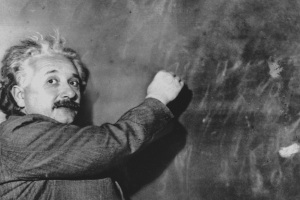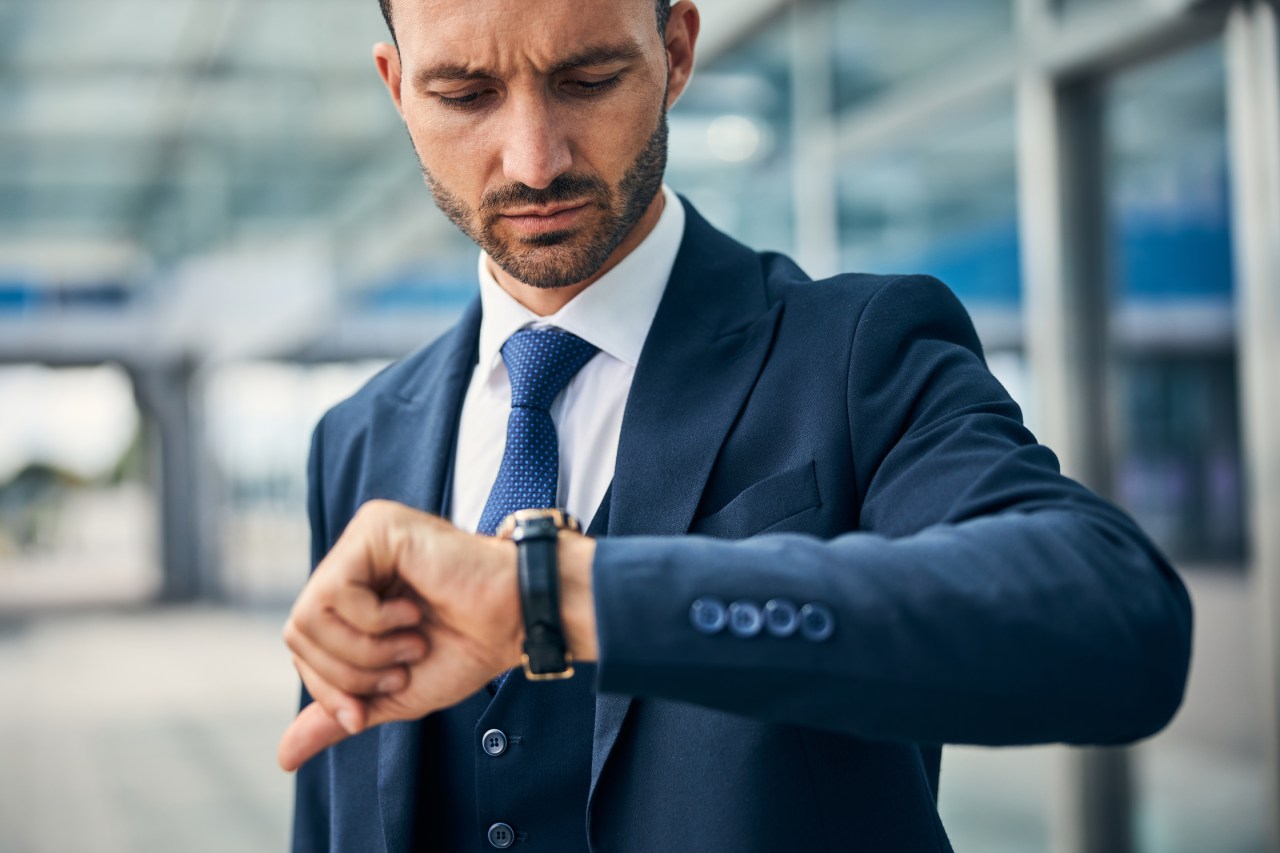Dieser Beitrag ist auch verfügbar auf:
Deutsch
Do you think our minds record our lives one-to-one like a camera? Well, think again. Not only do we forget many memories, but the brain also creates false memories. When there are gaps in our memories, it adds new ones. And these memories are often not our own, but come from stories, photos, or movies.
Elizabeth Loftus, an American psychologist, has demonstrated how easy it is to trigger this mechanism in our brains. In one of her experiments, she made her test subjects believe that they had gotten lost in a department store as a child, even though they had never actually done so. To accomplish this, Loftus had family members of the test subjects convince them that the story had actually happened to them – and that they had been returned to their parents by an elderly woman. 29 percent of the subjects eventually believed that the story was one of their childhood memories.
Our brain acts as a filters
Such false memories are not a psychological problem, but an everyday phenomenon. If our brain were to be forced to remember everything we experience every day, it would soon become overloaded. That’s why the brain only remembers what is absolutely necessary, which can make our memories somewhat detached from reality.
Back in the 1950s, James Deese, an American psychologist, made an interesting discovery: he presented test subjects with a list of words to memorize. This list contained words such as pricking, syringe or injection, but not the word needle. Nevertheless, the test subjects later stated that they had also seen this word on the list. Apparently, as Deese noted, our memory tends to fill gaps in our memories with additions based on logical estimates. This is how false memories are created: we are capable of feeling that we have experienced a certain event even though we never have. This usually happens because the event in question fits the context of our memories.
Childhood memories are particularly susceptible to manipulation
Elizabeth Loftus has spent many years studying how our memories can deceive us. In one of her experiments, she showed test subjects photographs of themselves as children in a hot air balloon. Unbeknownst to them, the photographs were fabrications.
Despite this, half of the subjects later believed that they had actually flown in a hot air balloon as a child. This proves once again that believing something does not make it true.
Our mind is putting together puzzle pieces
False memories are not something we create on our own. Our brains can only remember a fraction of the information we are exposed to every day. This creates gaps in our memory. If new information is added that fits with existing memories, the brain will group it with them. As a result, we often cannot remember if we have only read or heard about events that happened a long time ago, or if we actually experienced them.
Even the memories of witnesses are often not objective
False memories are particularly problematic when it comes to eyewitness testimony. Time and again, cases have come to light in which crime victims have identified innocent people as the perpetrators when presented in police lineups. It is not uncommon for crime victims to see a person who looks like the perpetrator and suddenly become convinced that it was them.
Often, our brains store only a limited amount of basic information about a situation, such as: the perpetrator we encountered was tall, dark haired, and had a beard. During a confrontation, these factually accurate but often vague memories are mixed with new information. Like solving a jigsaw puzzle, our memory puts them together to form a complete picture that often has little to do with the truth.
An innocent man who spent nine years in prison due to false memories
This often leads to the conviction of innocent people, as in the case of American Kirk Bloodsworth. Bloodsworth spent nine years in prison because eyewitnesses claimed to have recognized him as the murderer of a little girl. Only DNA analysis proved Bloodsworth’s innocence.
At the Institute for Advanced Study in the Humanities Essen, neuroscientist Hans Joachim Markowitsch and social psychologist Harald Welzer are jointly investigating which factors can influence our memory. Using an MRI scanner, for example, they analyzed brain activity in various test subjects while they recounted experiences from their past.
Social factors also determine how we manage memories
Markowitsch and Welzer also discovered that young people remember things differently than older people do – and that different memories are important at different ages. Psychological and social factors also seemed to have an impact on their test subjects’ memories.
We remember experiences that are associated with strong emotions particularly well. Many people can still remember in detail how they met their partner or how deeply they were affected by the death of a loved one. Emotional events are classified by the brain as more significant and are better anchored in our long-term memory.
Photos can displace real memories
Many of us are familiar with the phenomenon that the longer we are back from a vacation, the more we remember only the pictures we took. Photos are very convenient for the brain: memories that would otherwise fade quickly can be refreshed over and over again.
But Elizabeth Loftus’ experiment also showed how deceptive photos can be. In the worst case, they suppress our true memories.
As a result, many people confuse their own memories with scenes they have seen in movies. The example of former US President Ronald Reagan, who discussed his war memories during the election campaign, became famous. His descriptions bore a striking resemblance to the movie “On a Wing and a Prayer”. Obviously, Reagan had mixed his own memories with the scenes shown in the film.
False memories can even make history
Historians in particular are familiar with this problem. It is often difficult for them to discern whether the accounts of interviewees are truly their own experiences or are being confused with media reports or other people’s stories. It is not uncommon for interviewees to cover up dark parts of their own past, sometimes quite unconsciously. The best example of this is the Third Reich: after its collapse, many people could not remember that they once were Nazis.
Many people repress bad experiences, such as childhood abuse. This is because stress hormones shut down the receptors in the brain responsible for transferring information from short-term to long-term memory. However, through psychoanalysis or hypnosis, these people can later access the buried memories.
Making up stories instead of truly remembering
However, there are risks associated with such methods. For example, a patient may believe that he or she remembers abuse that never occurred. Opponents of these procedures warn that misinterpretation of dreams or suggestive questions during therapy can have this effect. US psychologist Elizabeth Loftus, who has repeatedly demonstrated the power of false memories in her experiments, is actively working to make the voices of those falsely accused on the basis of false memories heard.
The experiments conducted by Elizabeth Loftus and her colleagues show that it is very possible to manipulate other people’s memories. This can be done to almost anyone using simple means such as photographs, movies, or stories with high credibility. But it only works to a limited extent. The new information must fit into an existing context for the brain to make new connections.
Often it is the details that we cannot remember, while the central essence or impression inherent in a memory remains. Nevertheless, scientists hope that these findings will help them in dementia research.
Our brain makes us experts at suppressing unpleasant memories
The best way to shape our own memories is to focus on the positive. Our memory tends to focus on pleasant experiences, while negative experiences fade more easily. This is a very powerful mechanism used in psychotherapy: The patient learns to associate his or her past with positive qualities by focusing on pleasant experiences. This makes it easier to forget negative memories. By employing this technique, we can actively use our brain’s innate strategies.






